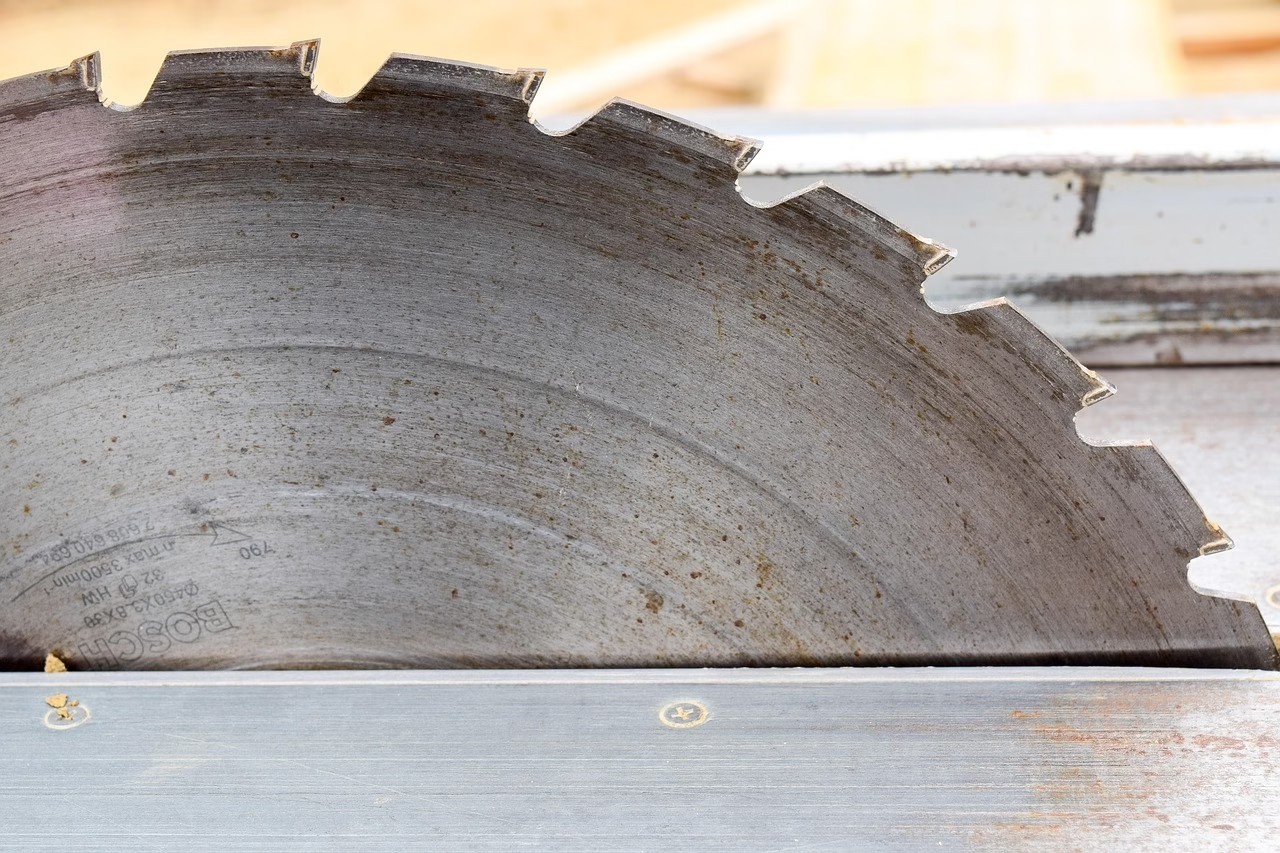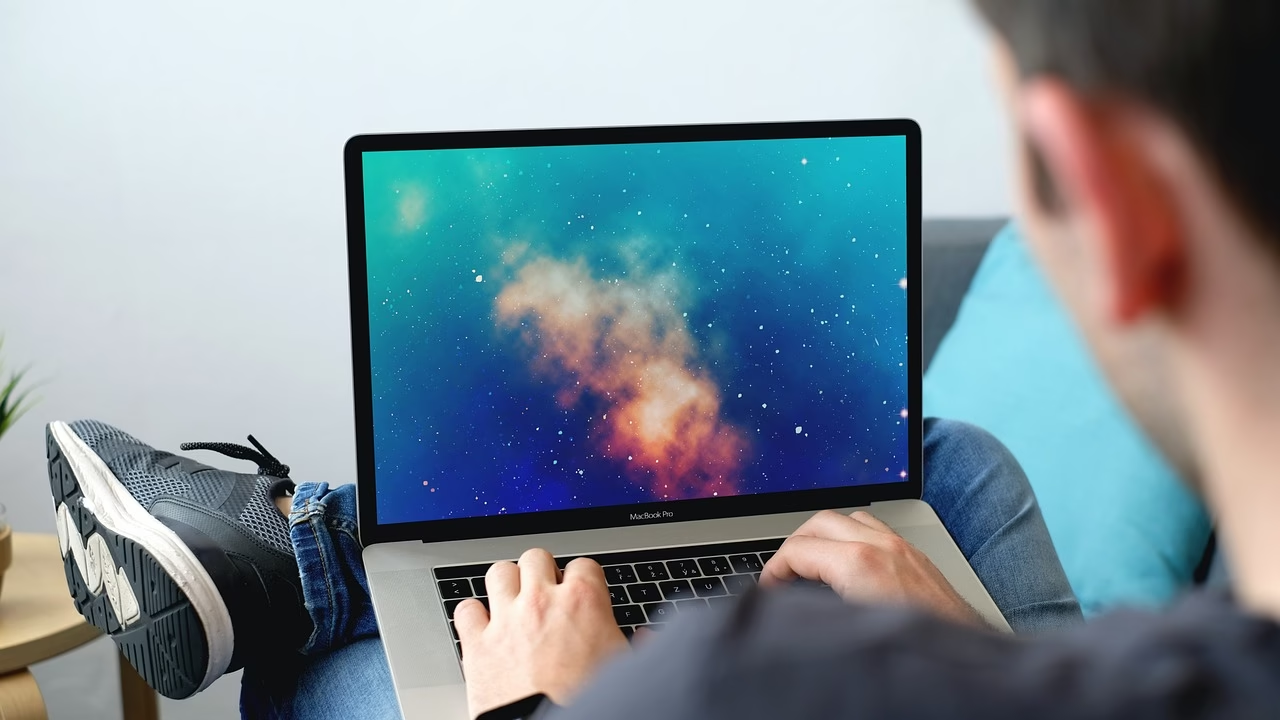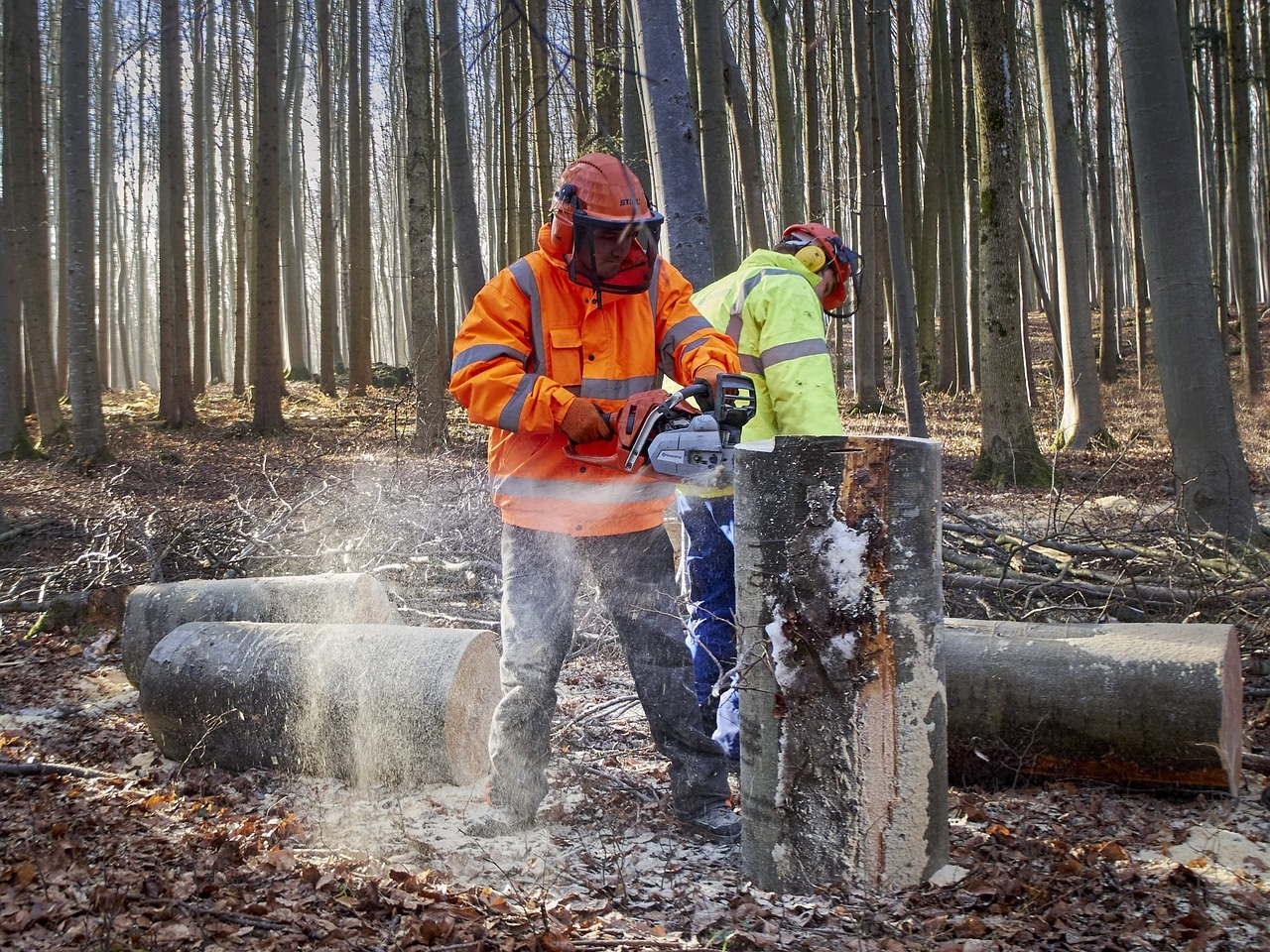It sounds counterintuitive, doesn’t it? To get more done, we actually have to slow down. But here’s the real deal: grinding nonstop isn’t a badge of honor; it’s a fast track to burnout and diminishing returns. Productivity isn’t about running on fumes—it’s about managing your energy, your focus, and heck, your sanity.
Why We’re Wired to Need Breaks
Our brains are incredible machines, but even machines need to cool down. When you hammer away at tasks without giving yourself a moment to recharge, your brain’s efficiency starts to dip. Cognitive fatigue sets in, attention wanders, and mistakes creep up. It’s like trying to sprint a marathon—unsustainable.
Neuroscience backs this up. Studies show that taking short, purposeful breaks can help reset your mental state. That boost of clarity and creativity you get after stepping away from your desk? That’s your brain saying, “Thanks for the breather.”
“Almost everything will work again if you unplug it for a few minutes… including you.” – Anne Lamott
What Happens When You Skip Breaks
Skipping breaks feels productive in the short term, but it’s a slippery slope. You might power through an intense morning session but end up stuck in the afternoon with brain fog and low motivation. The result? Tasks take longer, and quality drops.
Additionally, chronic work without pauses can increase stress hormones, making you feel anxious and frazzled—hardly the state you want to be in if you’re aiming for peak performance.
How to Make Breaks Work for You
Breaks are only effective if they’re intentional. Mindless scrolling through social media might feel like a break, but it doesn’t give your mind the rest it truly needs. Here’s what I recommend to power up your productivity:
- Follow the 52/17 rule: Work for 52 minutes, then take 17 minutes to step away. Use that time for a walk, stretching, or just breathing deeply.
- Microbreaks do wonders: Even 1–3 minutes to close your eyes or do a quick stretch every hour can reset your focus.
- Change your scenery: If possible, step outside or move to a different room. New environments stimulate your brain differently.
- Engage your senses: Try deep breathing, listening to calming music, or practicing mindfulness during breaks to reduce stress.
- Schedule breaks as appointments: Treat your breaks like important meetings so they don’t get skipped.
The Ripple Effect on Your Productivity and Well-being
When you commit to slowing down periodically, you’ll notice big improvements beyond just ticking off your to-do list. Your creativity spikes, your decisions sharpen, and your mood lifts. Plus, it’s easier to bounce back from stress because you’re not draining your reservoir all at once.
Personally, incorporating breaks has been a game-changer in how I approach my workday. No more mindless grinding. Instead, I get focused bursts and genuine downtime—and when I return to work, I’m sharper and ready to tackle bigger challenges.
Takeaway: Slow Down to Speed Up
In the productivity hustle culture, slowing down can feel like heresy. But here’s the truth: breaks aren’t laziness; they’re strategy. So don’t just grind through the day—pause, reset, and watch how your productivity, creativity, and energy soar.





